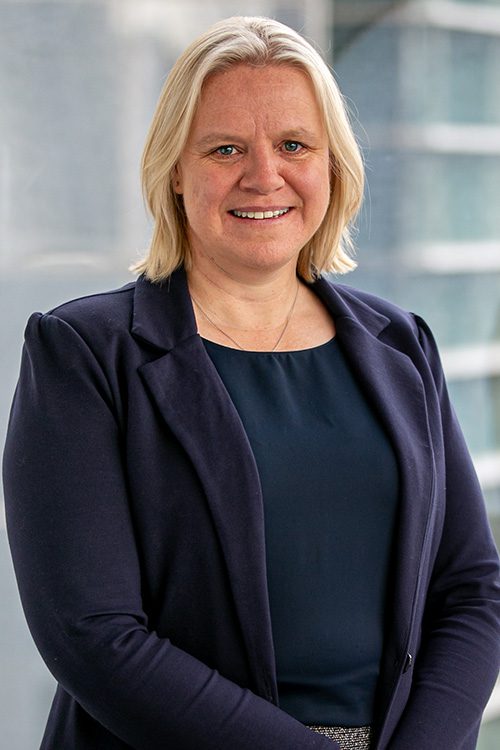Over the last three years, there’s been a large increase in the number of medical practitioners subjected to a peer review by the Professional Services Review Agency. With the increase in data matching and the use of algorithms to monitor and review inconsistencies, it’s likely that these numbers will continue to grow.
The Professional Services Review Agency (PSR) was established in 2004 and conducts peer reviews of medical practitioners to review the billing and prescribing practices. Under the Health Insurance Act 1973, the PSR when conducting a review requires practitioners to provide a random sample of their clinical records. The records are reviewed to determine whether the practice was appropriate and in accordance with the item number requirements. Substantial sanctions can be imposed on practitioners who are found to have engaged in inappropriate practices. The sanctions can include repayment of Medicare benefits; disqualification from all or part of Medicare/PBS for up to three to five years. Practitioners can also be referred to relevant professional boards or AHPRA.
During the 2018/2019 year there was an increase of approximately $9 million of recoveries from the PSR ($29,196,203 compared to $20,845,546 in 2017/2018) according to the 2018-2019 Annual Report.
Medical practitioners are legally responsible for services billed to Medicare under their Medicare provider number. It is up to the individual practitioner to ensure they are aware and approve of how their employer, practice or hospital uses their provider number. Any claim with Medicare must be supported by appropriate evidence in the notes of the practitioner and demonstrate that all conditions required for the Medicare item numbers were met.
The majority of PSR claims settled in the last few years ended with the practitioner agreeing on an outcome to repay funds and/or be disqualified from using certain item numbers for a period of time. Some examples of concerns raised by the PSR:
- Practitioner not maintaining adequate records including notes being generic and not individualised for the patient
- Minimum time requirements for item numbers not being met
- Records not being contemporaneous
It is important that as a practitioner you educate yourself on the Medicare item numbers and understand the requirements for record keeping, ensuring you comply. If you are unsure then you should check an independent source and not rely on a colleague.
For medical practitioners who are employed by a hospital or practice, the Medicare Billing is done under the individual practitioner’s provider number but the receipt of billings are assigned to the hospital or practice. This means the individual, while not directly receiving the benefit of the income, is still responsible for ensuring all records comply and most likely this is covered in their individual employment agreement. I have seen instances of GP employees who have not received any of the Medicare funds, having assigned them to their employer then having to repay them as the result of an audit. Overpayments are not covered by professional indemnity insurance and can be costly.
Shared Debt Recovery Scheme
From 1 July 2019 the Shared Debt Recovery Scheme was introduced to mitigate these issues. The Scheme enables the Commonwealth to hold both the practitioner (primary debtor) and the other party (secondary debtor) responsible for repaying compliance debts arising from the result of incorrectly claimed Medicare benefits through a shared debt determination. For the Scheme to apply there must be a relationship between the primary and secondary debtor (eg, employee/employer) and the secondary debtor could have controlled or influenced the making of the false/misleading statement, obtaining a direct or indirect benefit. There is a default percentage applied being 65% to the primary debtor and 35% to the secondary debtor. A different percentage could be applied if it were fair and reasonable to do so. The scheme only applies to audits commenced from 1 July 2019 in relation to services provided from 1 July 2019 onwards.
If you have been through an audit and are required to repay Medicare billings you should consider the income tax implications of any repayment of funds.
Should you wish to discuss your circumstances in relation to any of these issues please contact your local William Buck advisor.



















